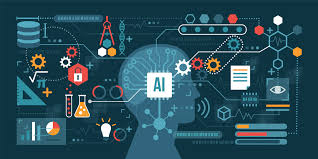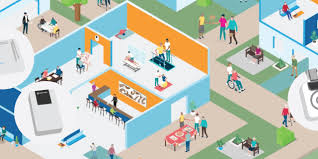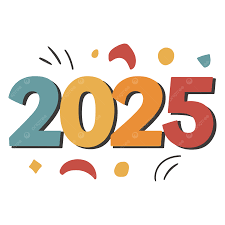Nuance Audio is a new option for people who resist traditional aids, from the company that makes Ray-Bans and operates LensCrafters.
Seekers of Meaning Podcast Posted Online March 7, 2025
What's Next Longevity Deal Talk Episode 32, January, 2025
Presentation: What's Next Longevity Venture Summit, June, 2025
WAWABILITY 2025, Washington DC, July, 2025

 An AI tech agent on our behalf – predicted long ago. Consider the definition: “An AI agent is a system that perceives its environment, makes decisions, and takes actions to achieve specific goals, often autonomously.” At first look, that seems quite scary and is reminiscent of two quite predictive fictions:
An AI tech agent on our behalf – predicted long ago. Consider the definition: “An AI agent is a system that perceives its environment, makes decisions, and takes actions to achieve specific goals, often autonomously.” At first look, that seems quite scary and is reminiscent of two quite predictive fictions:  Moving in later can mean greater care needs, but same staffing levels. This article caught my eye – ‘
Moving in later can mean greater care needs, but same staffing levels. This article caught my eye – ‘ Some subjects are perennials – like robots for older adults. Here we go again. This must be in some Fast Company editor’s
Some subjects are perennials – like robots for older adults. Here we go again. This must be in some Fast Company editor’s  Home care is a labor-intensive business
Home care is a labor-intensive business Tech adoption for older adults is growing... The surveyed ubiquity of technology has led to a belief that it is everywhere it needs to be, with media assumptions about the benefit of smartphones and online tools, ownership of devices, or access to broadband speeds. The majority of older adults now own
Tech adoption for older adults is growing... The surveyed ubiquity of technology has led to a belief that it is everywhere it needs to be, with media assumptions about the benefit of smartphones and online tools, ownership of devices, or access to broadband speeds. The majority of older adults now own